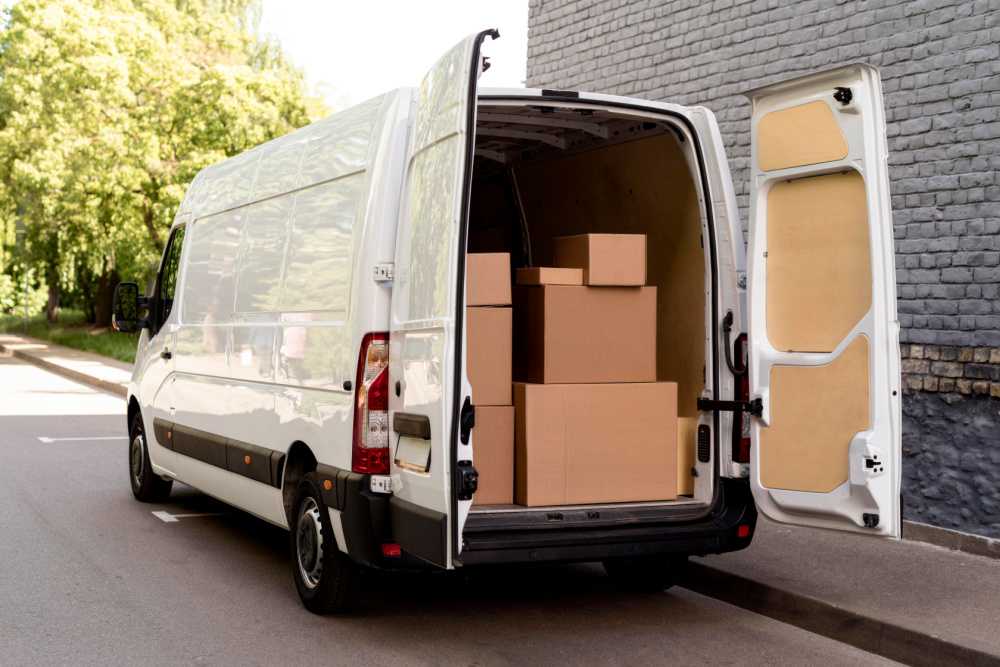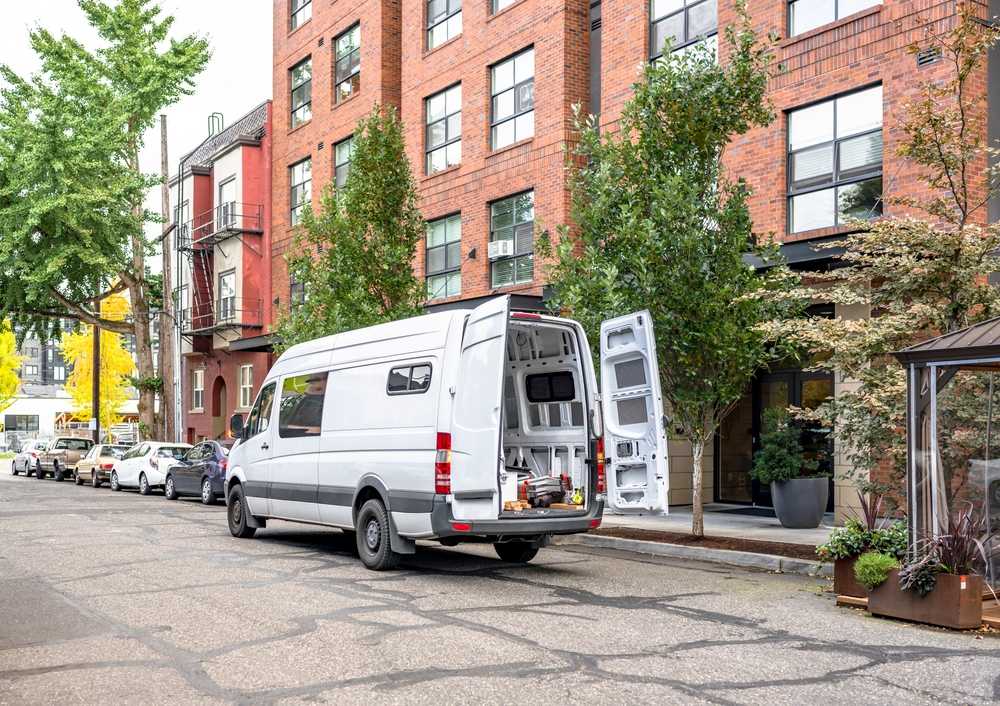Goods in Transit Insurance
Compare goods in transit insurance quotes to get cover for your work van


What do I need to look out for when buying goods in transit insurance?
Not all goods in transit van insurance policies cover the process of loading and unloading. Read the policy booklet before purchasing to understand whether these activities are included.
If your business transports specialised goods like refrigerated items, livestock, or temperature-controlled foods, you need a policy specifically covering these items. Standard policies may not offer this coverage or come at an additional cost.
If you use a trailer for transportation, check whether it's covered under the same policy or if you need to purchase separate trailer insurance.
Items like tarps, straps, fastenings and ropes are often used to secure goods during transit. As with goods, these items can also be damaged or lost, and replacing them can be costly. If this applies to your business, check if the goods in transit van insurance covers ancillary items.
It may sound obvious, but if you're a contractor or a removal firm, you might be transporting property that belongs to your customers. Check that your policy covers customers' property as well as your own goods.
Some policies offer coverage for the driver's personal belongings, which can be useful in scenarios where the driver needs to stay overnight with the vehicle. It provides an extra layer of protection against theft or damage.
Goods are sometimes stored temporarily in a warehouse or depot during transit. Check if your policy includes storage cover, which would protect your goods during these interim periods where the vehicle is likely to be unattended.
If your business involves international shipping, ensure your goods in transit van insurance covers international routes. Some policies offer this as an add-on or as part of a more comprehensive package.
Transporting chemicals or flammable items comes with its own set of risks. If your business requires the transportation of these or other types of hazardous goods, you may need specialised goods in transit cover. Speak to your insurance broker to ensure you get the cover you need.


No, this type of insurance is not a legal requirement in the UK, although your van must have valid insurance in place to be used on the UK’s road network at any time.
However, many businesses and clients will insist you have this type of insurance before working with you. It's a way to protect both parties from potential financial losses.
Goods in transit insurance specifically covers the items you transport from one location to another. Courier insurance is more comprehensive and will help cover the vehicle used for transportation, the driver, and the goods transported.
Whether you need both goods in transit and public liability insurance depends on your specific business and how often you interact with others.
Public liability insurance is designed to protect you against claims made by third parties for injuries or property damage, while goods in transit insurance covers the items you are transporting. Having both types of insurance may provide a more comprehensive safety net.
Yes, typically, but this depends on the specific policy which will obviously vary by provider. Some policies offer coverage for goods left in a vehicle overnight. Still, there may be conditions such as the vehicle being parked in a secure, locked compound and not left on the road or a private driveway.
Some policies offer international coverage, but you must check the terms and conditions. If you frequently transport goods outside the UK, look for a policy that includes international transit.
Goods in transit insurance for removals will help protect your belongings against damage or loss. Reputable removal companies will know this and will include this in their service, but it's always good to double-check. Don’t be afraid to ask, they will be used to it!
No, it only covers items transported inside a vehicle. Once outside the vehicle, other insurance may apply so always ensure you’ve got protection whilst the goods are in your responsibility.
No, they are not the same. Haulage insurance is a broader type of insurance that may include goods in transit cover, vehicle insurance, and liability insurance. It's designed for businesses transporting goods over longer distances that often involve multiple stops.




